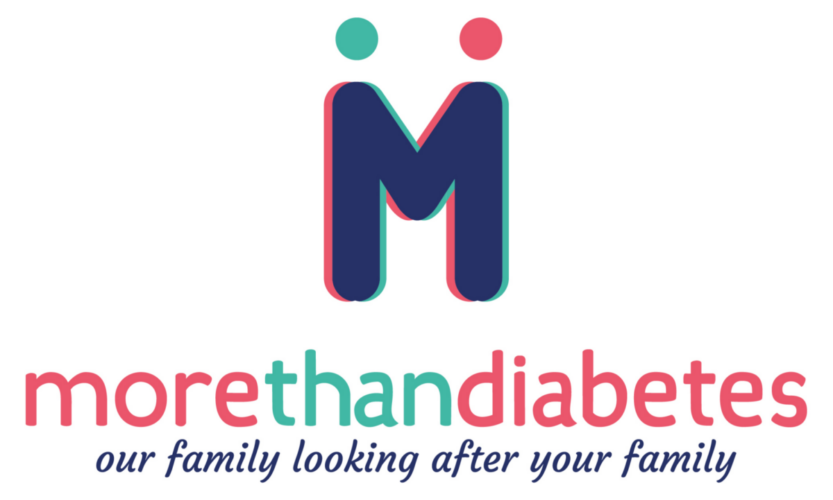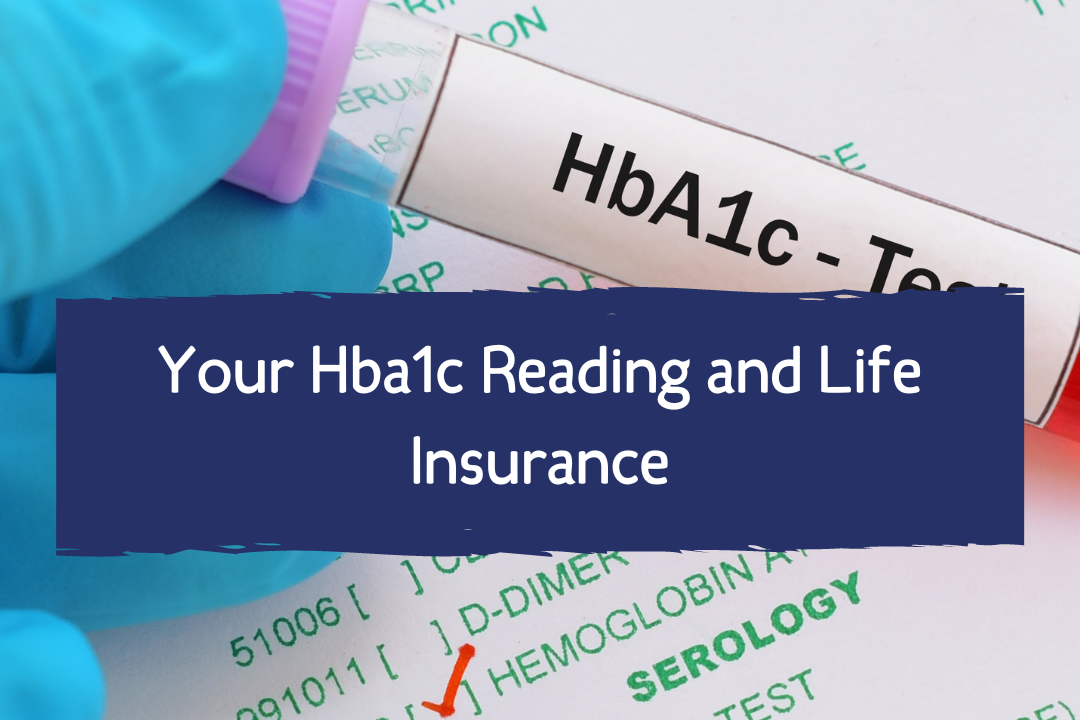If you've lived with diabetes for any length of time, you'll definitely have come across the term 'HbA1c reading' (or just 'A1c' if you're one of the cool ones).
Now for those who enjoy dropping the technical jargon at parties, HbA1c stands for 'glycated hemoglobin'. What it does is give us a sneak peek into your average blood sugar levels over the past two to three months. It measures the percentage of hemoglobin—the protein in red blood cells responsible for transporting oxygen—that has sugar attached.
While those everyday glucose tests give you a “right here, right now” snapshot, your HbA1c spills the tea on your longer-term blood sugar behavior. This broader perspective can be a huge help in assisting both patients and healthcare providers in gauging the effectiveness of diabetes management strategies.
Given its significance, it's unsurprising that life insurance providers are also keen to find out your most recent HbA1c reading.Why do insurers ask for your HbA1c reading?
Insurance providers will ask for your latest HbA1c reading as a way to determine how well-controlled your Diabetes is. A high HbA1c value might suggest poorly managed diabetes and, from an insurer's standpoint, raise red flags for potential complications like retinopathy or neuropathy. A good reading can demonstrate good diabetes management and therefore the insurer will take this into account when pricing your policy.
What if I don't know my HbA1c reading?
Not knowing your HbA1c reading or attending regular check ups is pretty much your way of saying to the insurer "I'm not bothered about managing my health!" and the likelihood is, they'll probably just stick a rating onto your premium anyway to cover that additional risk. It's their way of responding, "We'll just assume the worst then!"
What is classed as a high reading?
Here's the interesting part! You might be fretting over your latest reading, fearing a bump in your insurance premium. However, your idea of a "high" reading might differ from that of insurance companies. Typically, we categorise a 'high reading' as anywhere between 8%-9% or 64-75 mmol/mol and based on our experience, any value above 9% or 75 mmol/ml is likely to lead to declined applications by most (but not all) UK insurers.
Check out this table on high HbA1c readings:
HbA1c mmol/mol (New units) | hba1c % (OLD UNITS) | estimated average glucose mmol/l |
|---|---|---|
42 | 6 | 6.9 |
53 | 7 | 8.5 |
64 | 8 | 10.2 |
75 | 9 | 11.8 |
86 | 10 | 13.3 |
97 | 11 | 14.9 |
108 | 12 | 16.5 |
119 | 13 | 18.1 |
Readings in green are classed as very good - you are likely to be accepted and pay less if your reading matches this.
Readings in white are classed as average - you are likely to be accepted but may pay slightly more.
Readings in pink are classed as bad - you are likely going to have to pay more and could be declined by some UK insurers.
So what can I do if my reading is high?
Here's some good news: insurers typically look at your most recent HbA1c reading. If you've recently had a period of less-than-optimal management—which is common—and your usual readings are lower, we can delay your life insurance application until after your next test, hopefully seeing improved results.
To summarise:
Knowing your HbA1c reading is one of the most important questions on the whole assessment! This is because it's one of the first questions an insurer will ask us about you.
If you don't know your HbA1c reading straight away, we'll always give you the chance to find it out because it can dramatically lower the price of your premium. If your reading is a little high, we'll make sure to ask if the reading is common for you. Everyone has good and bad days, especially when it comes to diabetes management. If the answer is no, and you think you may be able to get a lower reading, it's important you take the time to do that.
Our reputation as experts in diabetes life insurance isn't just for show—we're clued in on all the 'tricks of the trade.' Our goal? Ensuring you get top-notch life insurance safeguard your family without it costing an arm and a leg. Something as simple as knowing your HbA1c reading could be the difference in doing that or not.


